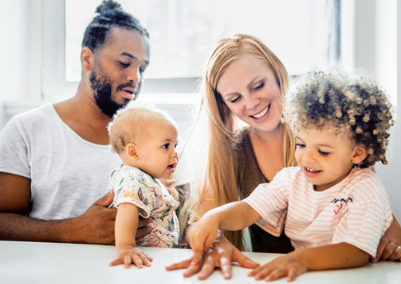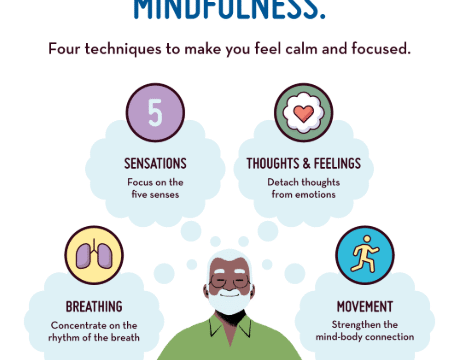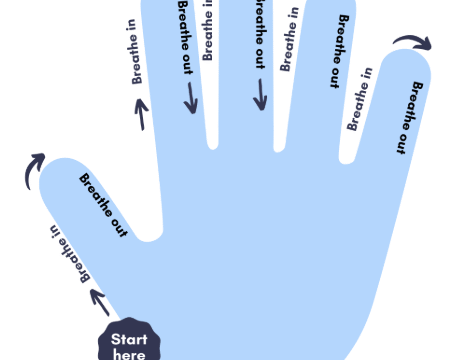Social interaction skills help students build friendships, work together, and feel confident in group settings. Some students may need extra help developing these abilities, and that’s okay. With patience and the right strategies, we can guide students to connect with others in meaningful and positive ways.
Why Social Skills Matter
Strong social interaction skills help students:
-
Work cooperatively with peers
-
Understand social cues and body language
-
Express thoughts and feelings appropriately
-
Resolve conflicts in healthy ways
-
Build friendships and feel included
These skills are essential for success in both school and everyday life.
Ways to Support Social Interaction Skills
1. Model Positive Interactions
Students learn a lot by observing. Show kindness, active listening, and respectful communication during daily routines. When adults model these behaviors, students are more likely to follow.
2. Teach Specific Skills Directly
Some students benefit from direct instruction in skills like:
-
Making eye contact
-
Starting and ending a conversation
-
Taking turns during play or discussions
-
Asking for help or offering help
-
Recognizing personal space
You can use stories, videos, or role-playing to teach these skills in a fun and engaging way.
3. Practice Through Structured Activities
Games, group projects, and classroom jobs give students the chance to interact in a supported setting. Cooperative activities build confidence and give students a chance to apply what they’ve learned.
4. Use Visual Supports and Prompts
Visual aids, such as social scripts, cue cards, or posters with friendly reminders, can help guide students during conversations or group activities.
5. Create a Safe and Supportive Environment
Encourage a classroom culture where mistakes are part of learning. Celebrate small social successes, and gently guide students when challenges arise.
6. Encourage Peer Support
Peer buddies or social mentors can offer encouragement and support during recess, lunch, or class activities. This helps build natural friendships and boosts confidence.
7. Work With Families and Specialists
Families and support staff can offer valuable insights and consistency across settings. Sharing goals and strategies helps students grow in a unified way.
Final Thought
Helping students develop social interaction skills is a rewarding part of education. With encouragement, practice, and thoughtful support, students can build relationships, grow in confidence, and thrive in social situations.






